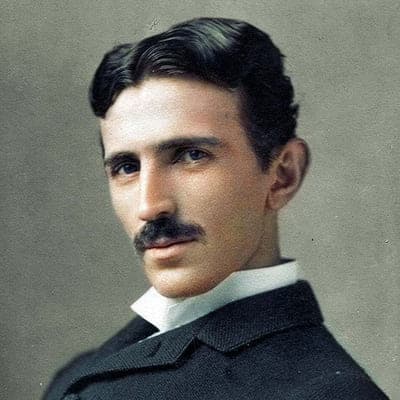
Is getting into IIM to get into PM role justified?
What is the future scope of the PM job role...will it still be relevant after 10 years, Is going to IIMs spending close to 25 lakhs in this economy to get into a PM job role justified?? Context: I know many people will say you don't nee...
An MBA (IIM or any reputed one) should ideally open up a lot of doors. Breaking into PM role would definitely be easi...
Started as a developer straight out of college. Shifted into Business Analysis later after 3 years and now working as...






